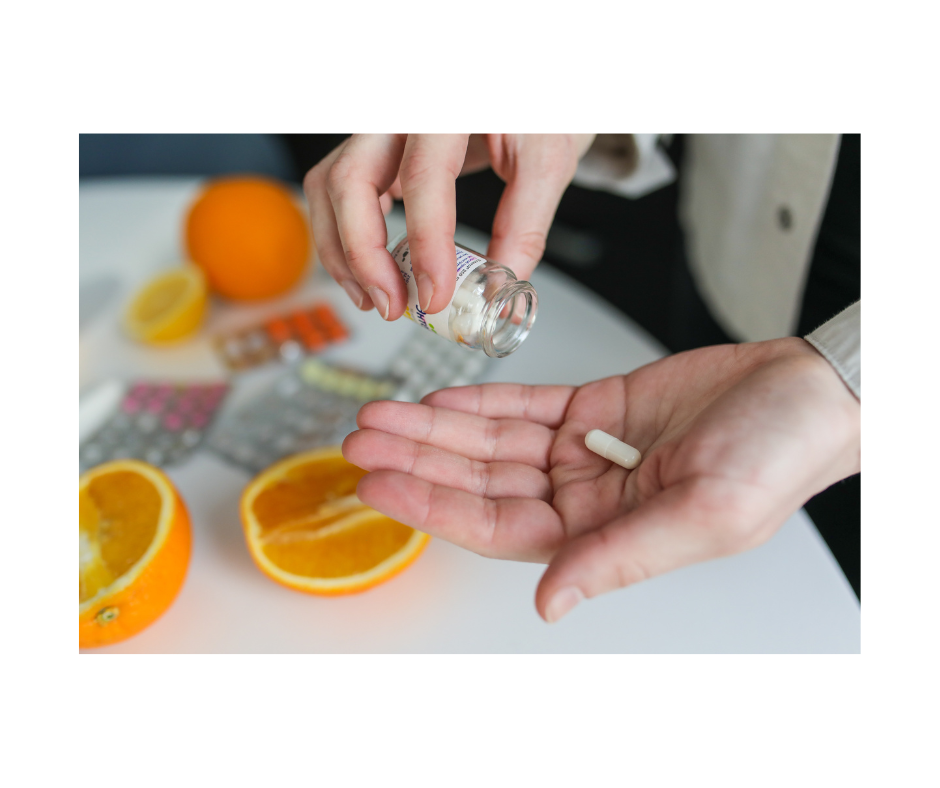
You’ve tried everything—eye drops, warm compresses, fancy Omega-3 supplements—but your dry eyes won’t quit. What if we told you the culprit might be hiding in plain sight?
Medications, air quality, and even your daily habits could be sneakily making your dry eye worse. Let’s uncover some of these unexpected causes and what you can do about them.
Medications That Can Worsen Dry Eye
You wouldn’t think a pill could make your eyes feel like they’ve been on a week-long hike in the desert, but some medications mess with tear production.
🚨 Common culprits:
💊 Antihistamines (Benadryl, Zyrtec, Claritin, Allegra) – Great for allergies, terrible for dry eye. They reduce tear production and dry out mucous membranes.
💊 Antidepressants & Anti-Anxiety Meds (SSRIs, SNRIs, TCAs) – Can interfere with the nerves that control tear production.
💊 Blood Pressure Meds (Beta-Blockers, Diuretics) – These reduce fluid in the body—including in your tear glands.
💊 Acne Medications (Isotretinoin/Accutane) – Drastically reduces oil production, leading to severely dry eyes.
💊 Hormone Therapies (Birth Control, Menopause Treatments) – Estrogen shifts can throw off your tear film balance.
What to Do:
· If you suspect your meds are causing dry eye, talk to your doctor. There might be an alternative that’s easier on your eyes.
· Use preservative-free artificial tears more frequently if stopping the medication isn’t an option.
Air Quality: Your Eyes Are Basically Living in a Wind Tunnel
If you’re spending time in dry, polluted, or overly air-conditioned environments, your tears are evaporating way too fast.
🌬 Indoor offenders:
· Air conditioning & heating – Especially in offices, where they turn the AC down to “Antarctica” levels.
· Ceiling fans – Blowing dry air straight into your face while you sleep.
· Low humidity – If the air in your house is dry, your tears don’t stand a chance.
🚗 Outdoor offenders:
· High pollution areas – Smoke, exhaust fumes, and dust can irritate the eyes.
· Windy environments – If you’re outdoors a lot, wear wraparound sunglasses to protect your tear film.
What to Do:
· Use a humidifier to keep indoor air from turning your eyeballs into prunes.
· Avoid sitting directly under vents or fans that blast air at your face.
· Wear sunglasses outside to shield your eyes from wind and pollution.
Your Daily Habits Might Be Working Against You
Some everyday activities can exacerbate dry eye without you realizing it:
📱 Screen time overload – We blink less when looking at screens, causing more tear evaporation.
🍷 Too much caffeine or alcohol – Both are dehydrating and can contribute to dryness.
🚿 Long, hot showers – Steam feels great but can strip away natural oils from your tear film.
😴 Sleeping with your eyes slightly open – This is an actual thing (called nocturnal lagophthalmos), and it dries out your eyes overnight.
What to Do:
· Follow the 20-20-20 rule when on screens: Every 20 minutes, look 20 feet away for 20 seconds.
· Drink more water to counteract caffeine and alcohol intake.
· Use an overnight eye ointment if you wake up with dry, scratchy eyes.
· Try a sleep mask to keep moisture in if you sleep with a fan on.
Fixing Dry Eye Starts with Finding the Cause
If your dry eye just won’t go away, the problem might not be what you expected. Medications, air quality, and daily habits can play a huge role in your symptoms.
Not sure what’s causing yours? Let’s figure it out together. Book an appointment, and we’ll get to the bottom of it—because your eyes deserve better than constant discomfort.
Call (859) 787-0936 or visit our office, 2020 Eyemax, in Lexington, Kentucky to book an appointment today.









